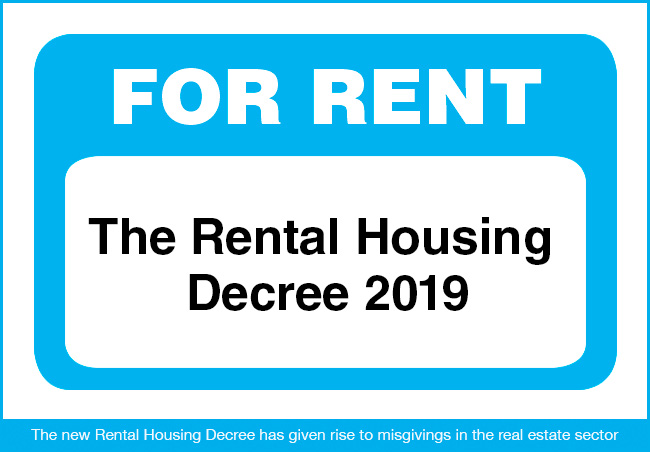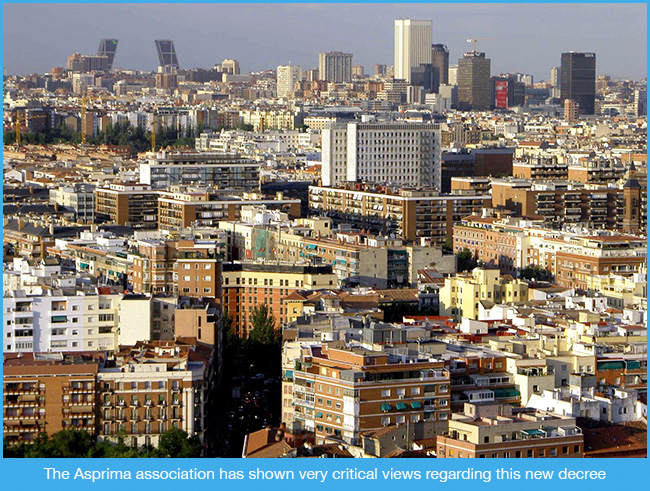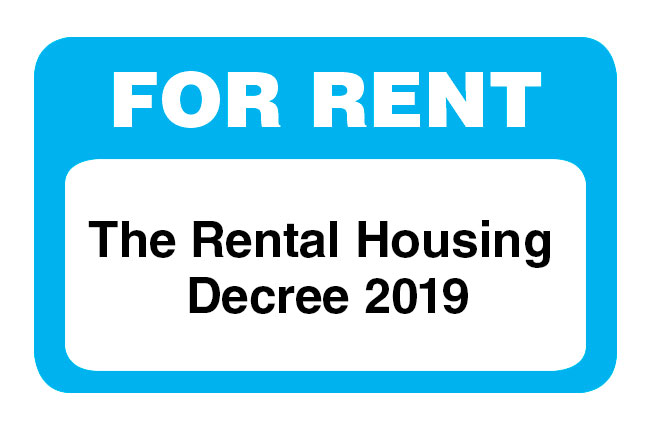The new rental decree allows the extension of the contract in force. This facilitates autonomous regions to introduce changes regarding tax benefits. In a very summary form, these are the main novelties of the new Spanish rental decree which was approved on 6th March. But it must be said that there have been some dissenting voices as to the appropriateness of this change. The main doubt stems from the real estate sector that has warned that this measure will surely lead to an increase in the rent. According to some real estate experts, the extension of the contracts in force will be one of the main reasons for this rise. The new decree will also restrict rent increase to the rise of CPI (Consumer Prices Index). On the other hand, many analysts coincide with the fact that having changed the law three times in a short period, is of no benefit to the real estate market, as this is a source of legal uncertainty to both the tenant and the landlord. The most critical voices have stated that this new decree can cause the withdrawal of property from the market as many owners may feel adversely affected. In consequence, this will encourage a black market in parallel with the legal market. Let us look in detail at the main changes of this new rental decree.

KEY NOVELTIES
The new rental decree extends the mandatory minimum duration of the contracts. In this way, the contracts will change from three to five years for a natural person and up to seven years for a legal entity. Furthermore, the updating of rental prices will be regulated by the CPI. If the owner and the renter have not declared anything before the completion of the contract, then a tacit extension may occur which will be from one to three years. Another measure which has been adopted is that the maximum deposit will be up to a three-month rent. If the owner does not wish to renew the contract, then the tenant must be notified four months before. Were this to happen the other way round, then the tenant must notify the owner at least two months in advance. We must highlight another important aspect of this decree. It deals with the drawing up of the Price Index which will be carried out by the Ministry of Public Works in the next eight months. According to the government, this will facilitate the autonomous regions to implement fiscal policy measures. Furthermore, there will be a tighter control over tourist accommodation flats. However, if 3/5 of the owners are not in favour of this new kind of rent, then it can be prevented. Lastly, the potential buyer must honour the rental contract in force, especially during the mandatory extension.

ASPRIMA SHOWS DISCONTENT
The Asociación de Promotores Inmobiliarios de Madrid (ASPRIMA), is very critical of this new legislation, stating that the owners are very much undermined as it hampers the free market. Asprima accepts the fact that tenants must also benefit from this law. However, it also notes that there is unequal treatment between the renter and the owner. Asprima also regrets the very scarce legal certainty regarding this sector, a fact which will prevent a higher offer. According to Asprima, precisely because the offer in the market has dropped, the rental price will rise from now on. Let´s see what happens.







 Spanish
Spanish English
English